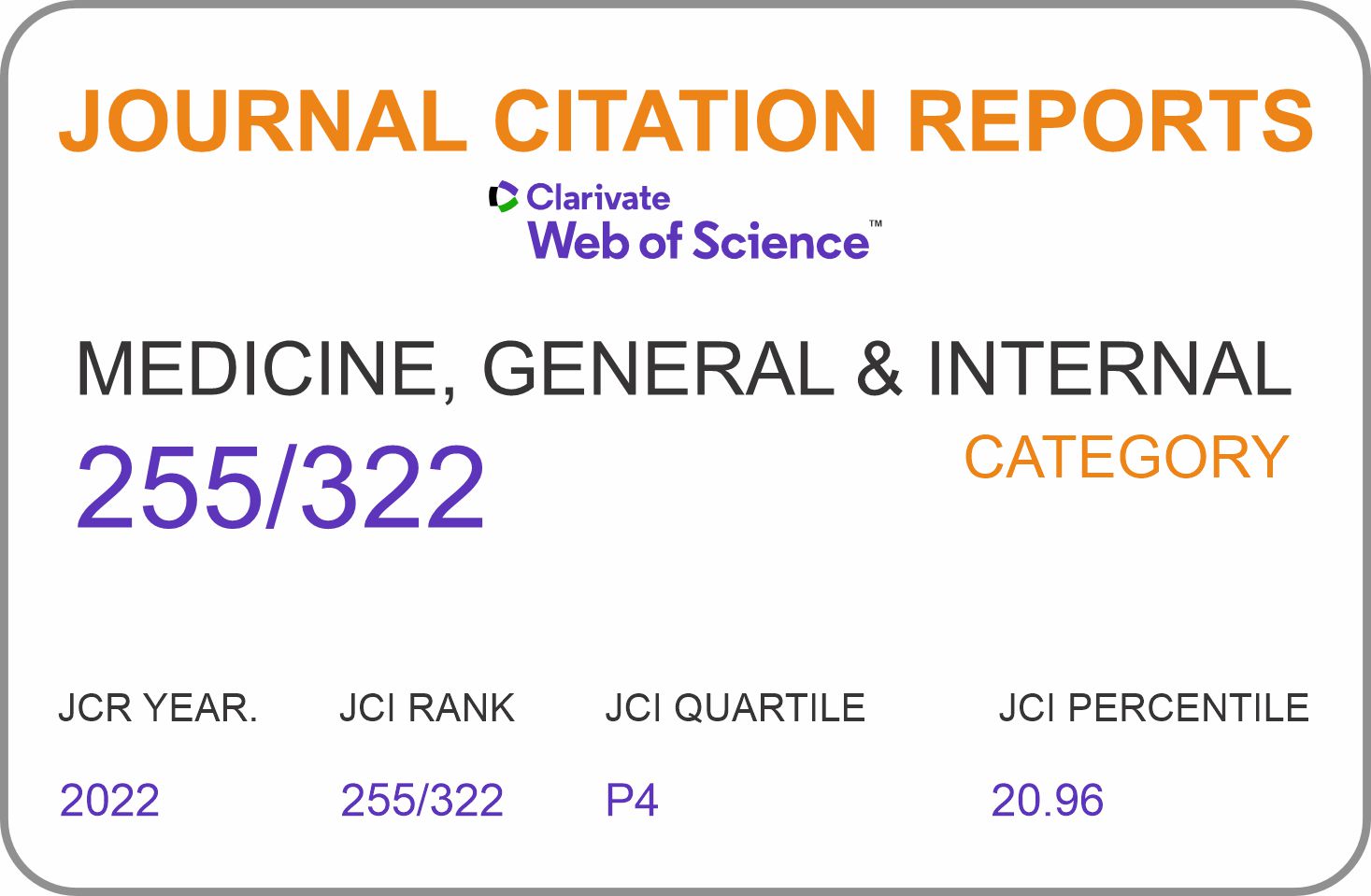Factors associated to inadequate practices of social distancing during the COVID-19 pandemic in Peru
DOI:
https://doi.org/10.35434/rcmhnaaa.2021.14Sup1.1154Keywords:
Prevention & Control, COVID-19, Adaptation, Psychological, Information Services, Surveys and Questionnaires, PeruAbstract
Objetive: To determine the factors associated with inappropriate practices of social distancing during the COVID-19 pandemic in Peru. Material and methods. It was conducted an online survey that included an scale for measuring practices of social distancing, the use of information and emotional coping with coronavirus and socio-demographic characteristics. A bivariate and multivariate analysis was performed using crude (RP) and adjusted (RPs) prevalence ratios with 95% confidence intervals using generalized linear models. Results. There were included 377 people, 35% of whom had inadequate practices of social distancing, which was associated with having incomplete primary or secondary education (RPa 1.41 95% CI: 1.11 to 1.81) inadequate use of information (RPa 2.82 95% CI: 1.98 to 4.05) and inadequate emotional coping (RPa 1.76 95% CI 1.27 to 2.42). Conclusion. Inappropriate practices of social distancing are more likely in people with less education, inadequate use of information and for emotional coping with the pandemic















